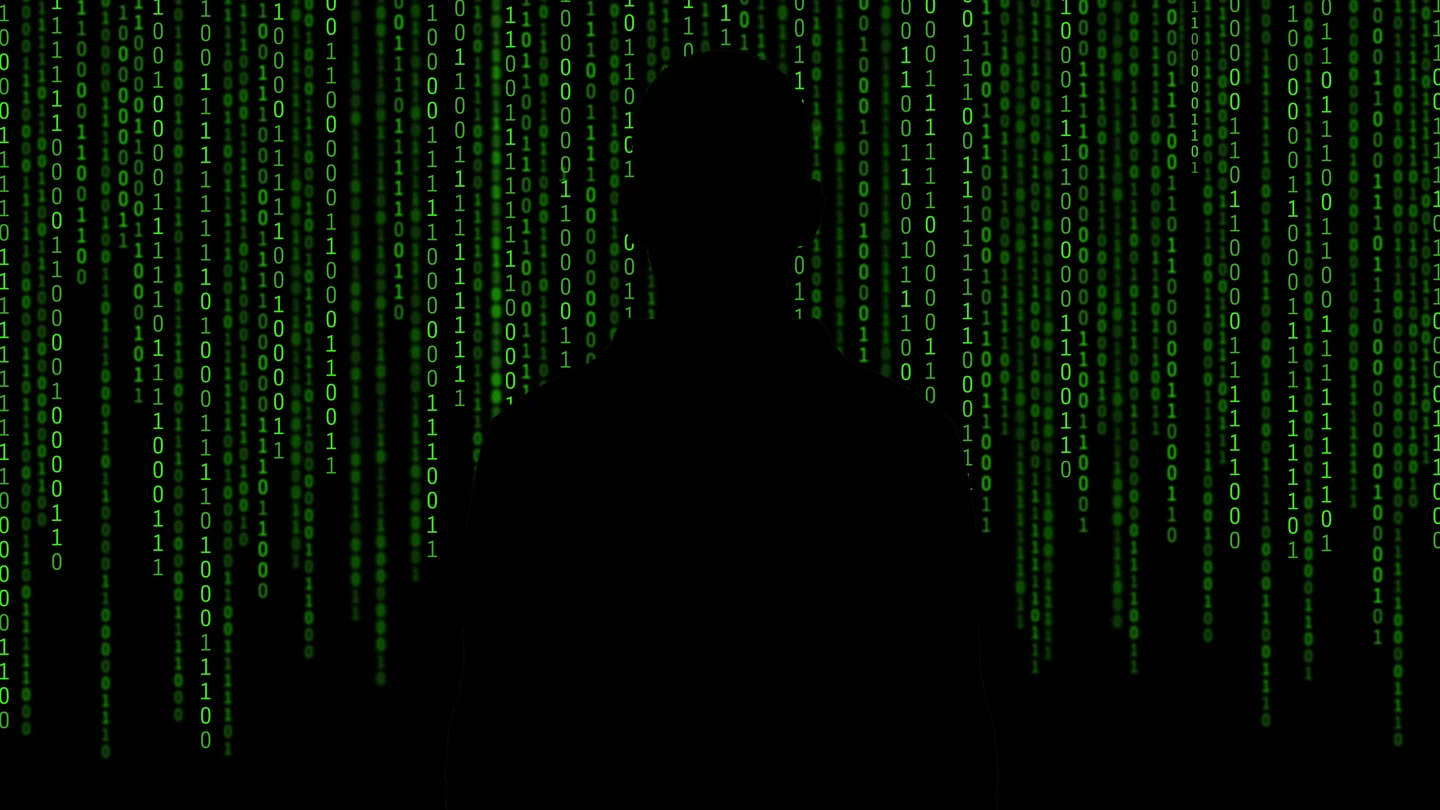In the first in a series of posts by graduate students from the Norman Paterson School of International Affairs, Graeme Hamilton explores the role of CSE in countering online disinformation and defending Canadians from opportunistic cyber-threat actors.
Read MoreLurking in the details of bill C-59 are new features in the law of evidence whose impact is uncertain. In this blog series, Leah West examines the new “class privilege” in the law of evidence created for those entities assisting CSE, and compares it the class privileges existing elsewhere in Canadian law, including under the CSIS Act.
Read MoreLurking in the details of bill C-59 are new features in the law of evidence whose impact is uncertain. In this blog series, Leah West examines the new “class privilege” in the law of evidence created for those entities assisting CSE, and compares it the class privileges existing elsewhere in Canadian law, including under the CSIS Act.
Read MoreBill C-59 will give the Communications Security Establishment (CSE) several new mandates, including the authority to engage in “active cyber” operations. This blog post briefly describes this mandate and addresses an area of uncertainty: how will the government square the use of offensive cyber capabilities with Canada’s international law obligations?
Read More


